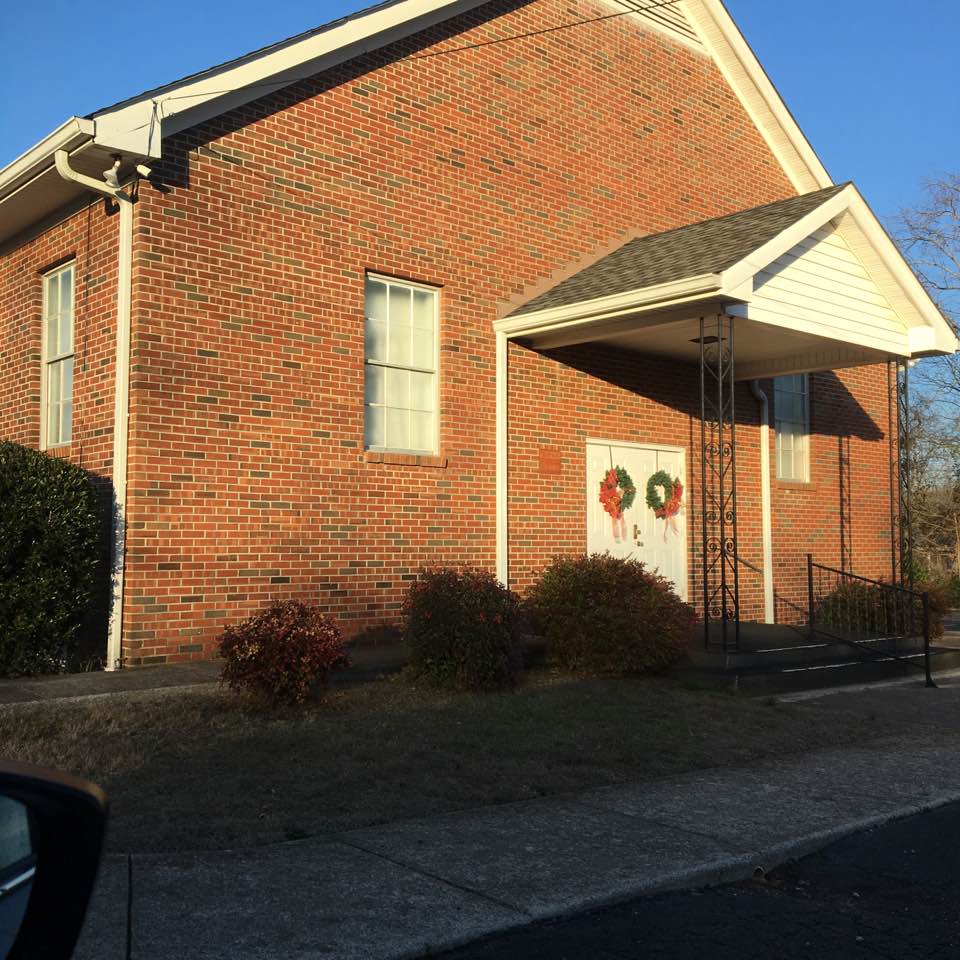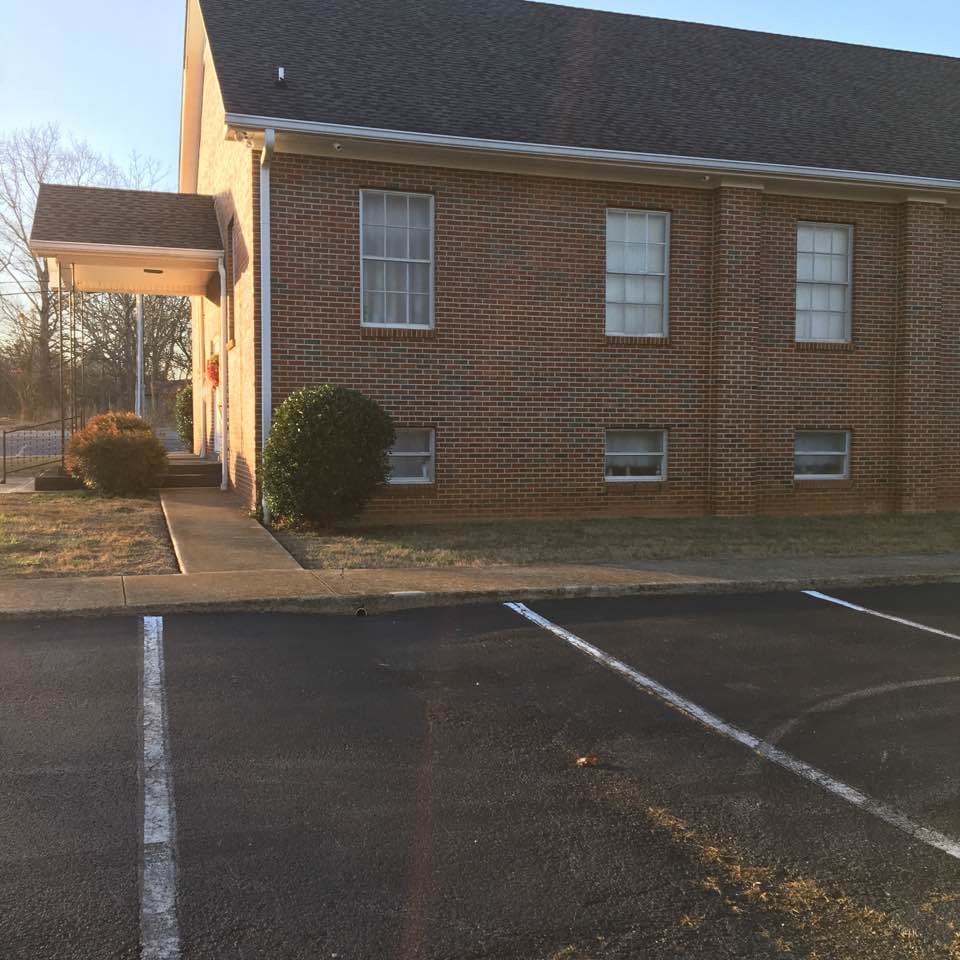I was born in Tennessee to a Church of Christ minister and his wife. My mother was the daughter of a Church of Christ minister. My early world was the Christian church. I sat in the pews and listened to the sermons. I love my parents dearly.

I never took to Christianity. I did not have it in me to believe. I read the scriptures and was appalled. I soon came to understand that I was an atheist. Such is the ubiquity of religious belief that there is a label for those who do not have one.

Life as an atheist was at times difficult. Especially when staking out space as a disbeliever. Ostracization was the main weapon believers used against me. As a human being, not having friends stings, so it was effective in limiting my irreligious speech. I looked for those who disbelieved like me, but either there were few of them or they were clever enough to disguise their lack of faith. Most of the time I kept a low profile.
I wasn’t the only one who was bullied for standing outside prevailing norms. I watched homosexual friends and relatives endure persecution—when they weren’t hiding who they were. I watched women subordinated and children beaten by men guided by the Lord’s loving hand. I developed empathy for those shamed, oppressed, and persecuted by Christian belief.
I want to emphasize that these observations are not the reasons I am an atheist. I have had many condescending remarks thrown at me over the years that my experience with a type Christianity is the reason that I express the sentiments I do. That isn’t all Christianity, I am told, and then pitied for having experienced the wrong sort. My atheism is cast as rebellion against bad faith. My upbringing—in the rational Protestant faith—was more loving and understanding than what children experience in other Christian communities. The problem isn’t with the brand of Christianity I experienced. The problem is with the Judeo-Christian tradition.
When I became a sociologist in the 1990s, I entered a world of neo-Marxism, post-colonialism, and anti-racism. I was taught to see Muslims as victims of Western imperialism, a global structure of domination imposing on the planet the white Christian worldview. My empathy for persons persecuted by religion was transferred to the alleged plight of the Muslim.
I was the victim of misdirection. I did not consider what it must be like for somebody like me living in an Islamic society. My consciousness had become hijacked by a project portraying the Christian West as the source of the world’s problems, a standpoint that heroized the Muslim as “the other” and conferred upon him epistemic privilege.

On September 11, 2001, the United States was attacked by Muslim terrorists. More terrorist attacks followed. The desire to know why they attacked us led me to study the history and practice of Islam. And I started waking up. Soon I discovered disbelievers like me, homosexuals like my friends and relatives, and women and children subordinated, beaten by the men in their lives.
I righted my empathy and demanded more of myself. Proceeded with integrity and objectivity. I rejected double standards and resolved to apply the same criteria to Islam that I apply to Christianity. If Islamic doctrine turned out to be worse than Christian doctrine, then I would be honest about that. So, to be honest, it is.
Waking up I recognized that I was more than an atheist. I had in my sociological studies learned that religion, its myth and rituals, are invention. There is no transcendent religious truth. Science confirms this. But in reclaiming my empathy I came to understand that I’m an antitheist. The past makes clear: religion is neither a benevolent nor benign presence in our lives. It is, therefore, the responsibly of moral persons to speak against it whatever form it takes.
If I cut Islam slack, I would betray reason and experience.

Shades of Islamic Fundamentalism
Interview With Religion Expert Massimo Introvigne : Shades of Islamic Fundamentalism – ZENIT – English https://zenit.org/articles/shades-of-islamic-fundamentalism/